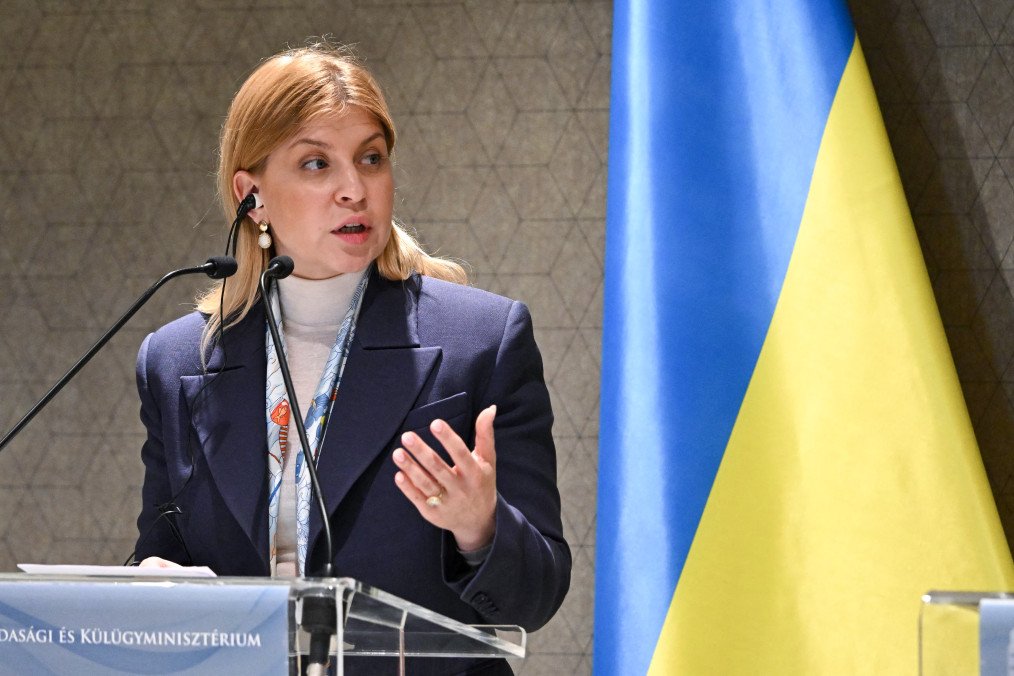- Category
- Latest news
Hungary and Ukraine Set to Meet Regularly to Address EU Accession Concerns

Ukraine and Hungary have agreed to initiate regular consultations aimed at unblocking negotiations for Ukraine’s accession to the European Union, following talks in Budapest on April 29.
Olha Stefanishyna, Ukraine’s Deputy Prime Minister for European Integration and Minister of Justice, confirmed that beginning on May 12, Ukrainian and Hungarian teams will meet regularly to address the issues preventing progress in the accession process.
Stefanishyna noted that the teams will focus on resolving concerns tied to the eleven recommendations that Hungary has raised during previous discussions.
Stefanishyna also emphasized that the Ukrainian delegation had not encountered any radical objections or negative statements from the Hungarian side during the meeting.
“We expect to work on the Hungarian side’s counter-proposals throughout this week, and we anticipate having interim results by May 12,” she said. “I hope that this dialogue will pave the way for unblocking the negotiation process.”
Hungary has long posed obstacles to Ukraine’s EU accession, blocking the opening of negotiation clusters. Notably, Prime Minister Viktor Orbán has publicly opposed Ukraine’s EU membership, and Hungary organized a consultative poll to assess public opinion on the matter.
Sources within the European Union have reported that if Hungary continues to block Ukraine’s progress, Moldova, which began EU negotiations simultaneously with Ukraine, may advance more quickly.
EU officials are considering whether to continue Moldova’s accession process separately, as Hungary resists negotiations with Ukraine.
In related news, Hungary’s Parliament has voted to withdraw from the International Criminal Court, citing concerns over the court’s loss of impartiality.

-554f0711f15a880af68b2550a739eee4.jpg)

-111f0e5095e02c02446ffed57bfb0ab1.jpeg)


